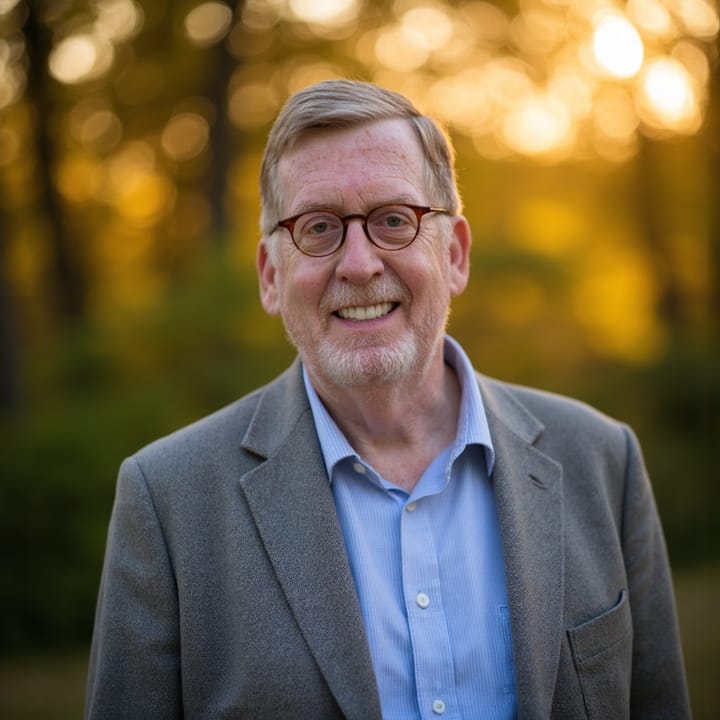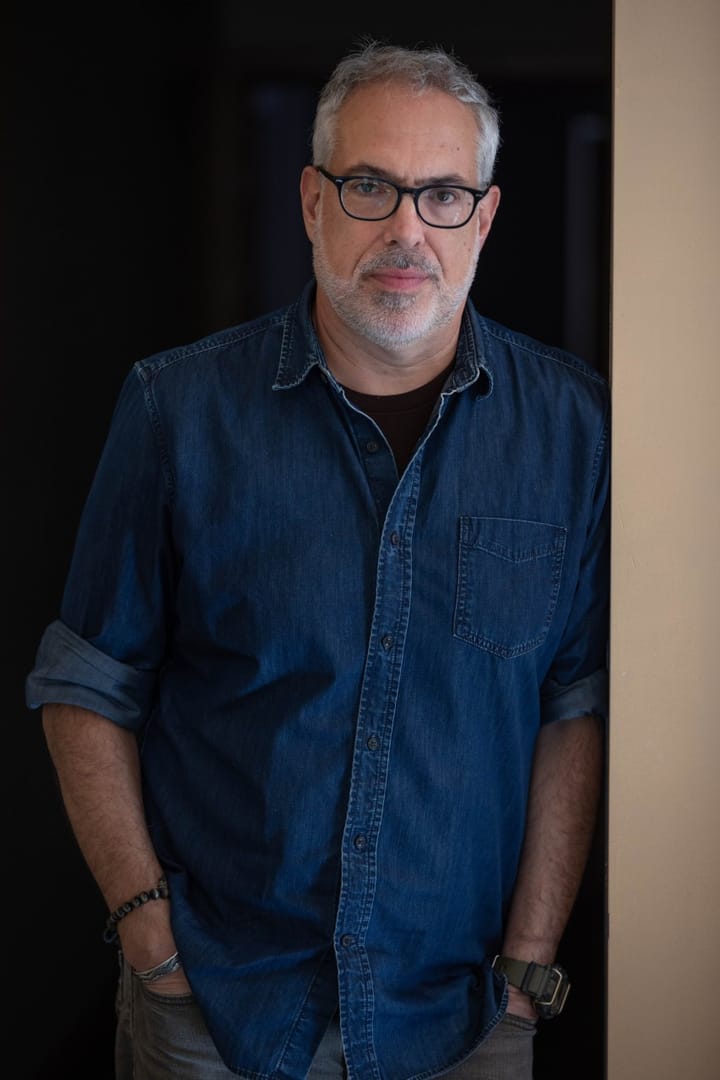Anti-Ableist Amherst: Disability Pride
Columnist Willow Delp ’26 calls for a new vision of Amherst, one where disabled members of the community are supported enough to replace shame with acceptance and pride.
Every July, countless disabled people celebrate Disability Pride Month — a term that may seem inherently oxymoronic. What pride can there be in having a physical or mental impairment? A friend of mine asked how disability pride engages with the understanding that health conditions come with inherent difficulties — a reasonable question, and one that I hope to address through this article for others who are wondering the same. At a school like Amherst, in which students are generally reluctant to open up about their impairments, disability pride seems difficult to fathom.
Adrian Spratt ’76, a blind Amherst alum, registered surprise at “how unwilling today’s Amherst disabled students are to talk openly.” I remember hearing a student sitting next to me say to her friend before class that it would be “embarrassing” to use a cane while she had a leg injury. Never mind the fact that Amherst gives canes to seniors at graduation — it was not the physical object, but the implication of disability that was embarrassing. I don’t think she intended to denigrate anyone — the linkage between disability and shame is so deeply established at Amherst that she was simply echoing an unspoken, common sentiment. Even when progress is made at Amherst, it is overwhelmingly done under the purview of allyship — the social costs of actually identifying oneself as disabled are too high.
“As gay people have demonstrated in recent decades,” Spratt adds, “the way for disabled people to join the mainstream is not to hide.” As noted by Ben Mattlin in “Disability Pride: Dispatches from a Post-ADA World,” queer people who came out of the closet powerfully expanded society’s expectations of queerness because people who had not seemed to fit the stereotypical image of a gay person were openly identifying themselves as such. Our ideas of disability are bound up with the idea that impairment is “embarrassing,” as expressed at Amherst, and only disclosure and pride can shatter this notion. The disability justice movement cannot move forward without people who are open about their lives. And like the LGBTQ+ movement, the disabled movement needs people who are emphatically, unapologetically proud of who they are.
Writer and disability activist Eli Clare argues in his book, “Exile and Pride: Disability, Queerness, and Liberation,” that pride can help prevent disabled people from accepting poor conditions: “Without pride, disabled people are much more likely to accept unquestioningly the daily material conditions of ableism: unemployment, poverty, segregated and substandard education, years spent locked up in nursing homes, violence perpetrated by caregivers, lack of access.” To have pride as a disabled person — as a disabled community — pushes back against ableist cruelty. Pride alone cannot change everything, but it minimizes the amount of violence that festers behind closed doors and worsens in isolation.
Disability pride should not be misconstrued as being perfectly content with everything about one’s body and mind. I am not happy about my limitations. I was certainly not happy as a teenager, spending some weekends with wires glued to my scalp, lugging around a clunky computer that measured my brain’s electrical activity. I was not happy learning about Sudden Unexpected Death in Epilepsy (SUDEP) in a neurologist’s office. I was not happy being dubbed “weird” and “not normal” by classmates in my first year at my new high school. I was not happy cowering in my bed under the force of yet another agonizing migraine, abetted only by darkness, quiet, and my specially prescribed extra-strength ibuprofen. I was not happy waking up in the hospital in middle school, having been driven while unconscious in an ambulance, or later, going to the hospital in my freshman year of college in the middle of the night, suffering from unbearable leg pain that seemed impossible for anyone to understand.
But I am happy about my survival through all of this — proud of the way that I have persisted, proud of the way I have found creative coping strategies which have allowed me to flourish. I am proud of the work I have done to accept myself in the midst of a culture hostile to difference. I am proud of my ability to understand other people’s health struggles and support them with my unique knowledge and insights gained from years of experience. I am proud of the way that writing drawn from my own experiences has allowed others to feel less alone, and I am proud of the way I leverage my disability justice perspective to create a broader understanding that everyone deserves the resources they need to live happy and fulfilling lives.
My hope is that Anti-Ableist Amherst becomes one of many examples of disability writing in The Student and the larger Amherst ecosystem. I hope my writing can encourage other disabled and neurodivergent members of the Amherst community to share their experiences without shame, to be proud of themselves and their identities, and to express themselves with fullness and honesty. I hope that this column can foster an unabashed disability pride.





Comments ()